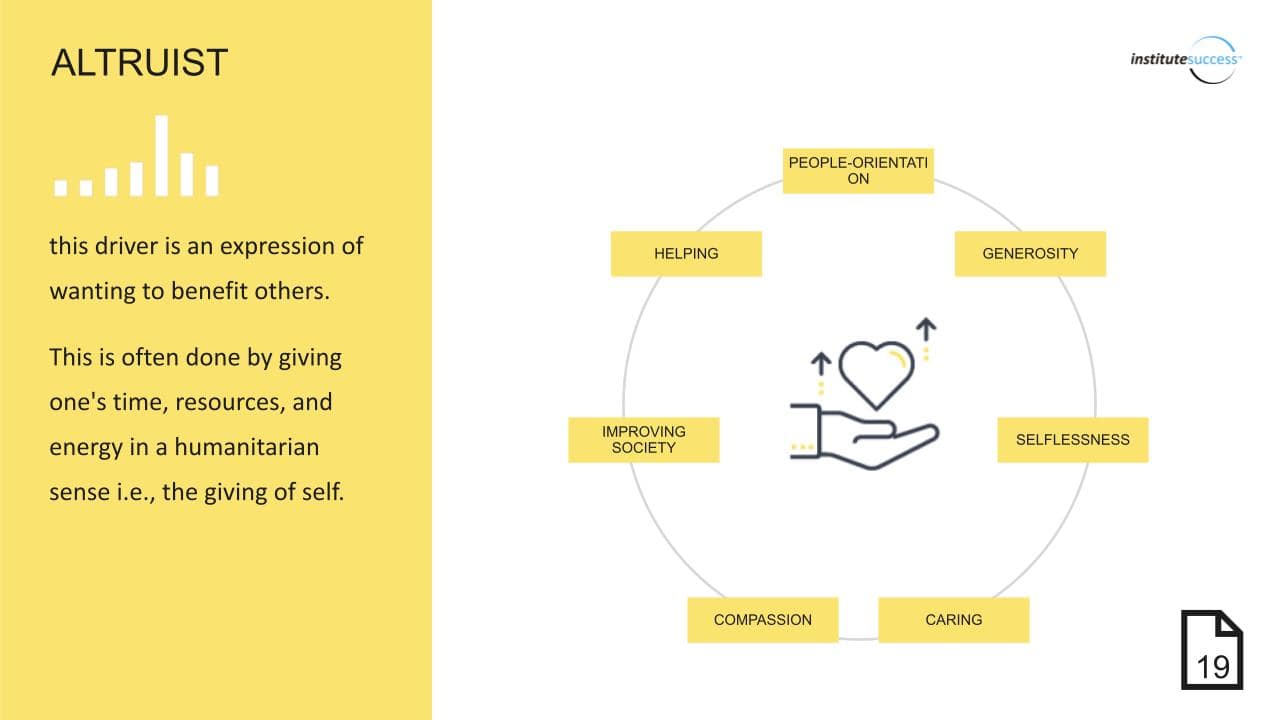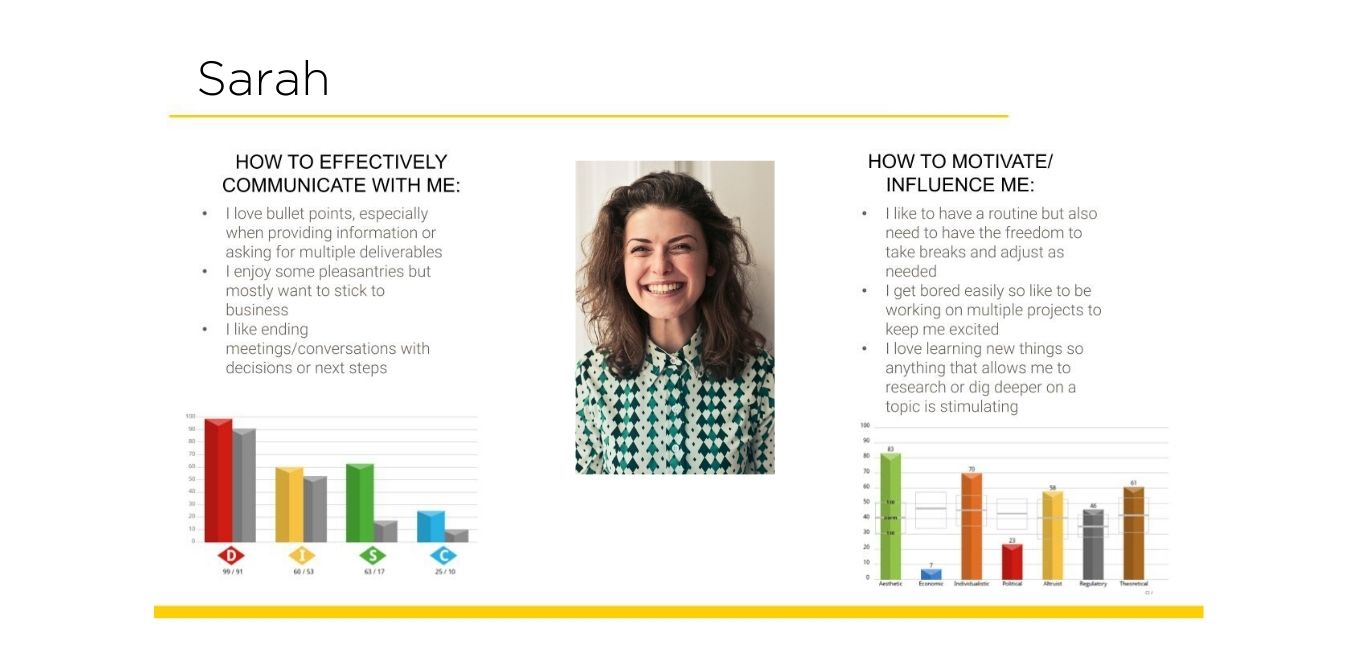
What motivates you? It’s a difficult question to answer, isn’t it? Especially as the answer can be very different depending on the context.
What motivates you at work may feel different to what motivates you for your hobbies or how you spend your free time. However, it’s extremely likely there are common threads between them, even if it’s not immediately apparent.
When you understand what motivates you, you’ll start to recognize situations that will make you more successful. You’ll find ways of achieving goals that resonate with your motivations.
There are seven key types of motivation for people. Each is powerful in its own right and can have a major impact on how you feel about parts of your life.
For example, if even one is out of alignment, it can leave you feeling exhausted and unhappy, without you ever knowing why.
I had a client years ago who was extremely smart. She’d found a new role she felt was her dream-come-true job. The work was interesting, the pay was great, except she was deeply unhappy after just a few months and didn’t know why.
In her motivations, she scored high on “Altruist” meaning she liked to help people.

The company, however, insisted every moment she spent thinking about a client was billable. No exceptions.
I said to her, “You must feel icky at the end of the day?”
She said, “No. I feel dirty.”
That’s the power our motivations have over how we feel if they're out of alignment. We can feel TERRIBLE.
The good news is, when you understand a person’s most important motivations, you can intertwine them with how you frame their work.
Imagine you have to make a request of one of your team. There's a new client you've taken on who was let down by their previous supplier.
You need to make certain your message is heard and the person you're giving the responsibility to is motivated to do a great job. Let's call the person you're giving the role to "Joe".
If Joe had a communication style similar to the life-and-soul-of-the-party AND was a High Altruist, you could alter the words you use to hit on the driving force of that communication style.
From their behavioural style, they need to feel involved with other people and receive recognition. From their motivation, they need to feel they’re helping people. So you may say:
“There’s a new client I think you’re going to really enjoy working with. They’re a fun group of people and they’ve been let down by their last supplier. It’s going to be a great opportunity for you to shine in front of them and you’ll be able to create a plan and help them out of the hole they’ve unfortunately found themselves in.”
This delivers the message clearly and hits on their inner motivation.
Or, if Joe had the CEO-type communication style AND a
High Individualistic motivation (meaning they like to stand out from the crowd) you would reframe it slightly differently.
For this behavioral style, they need to take fast action and to see results. For their high individualistic motivation, they need to feel they are unique and stand out from the crowd.
“Joe, I’ve got a new challenge for you. We have a new client who has been let down by their previous supplier. They need to see results quickly. I’d like you to create a plan of action for them. You have a particular way of approaching these types of problems and I think they’ll love what you can create for them.”
The request is the same. The words you use to ensure your message is heard and motivates the person are different.
By communicating in their preferred style, you get a whole new level of engagement.
This is how you engage and connect with people.
The impact is IMMEDIATE.
The result is a highly engaged, motivated, productive team. Morale goes up. Churn goes down.
What could happen if you used this to communicate more clearly with your team?
(It works both ways. They'll be able to communicate and motivate you too! Remember the image from earlier? The blurred out piece shows how to motivate that person.)

And don't worry about how to remember all this. If your team went through this process, you'd all have "How to effectively communicate with me" and "How to motivate me" guides.
With this in mind, think of the people on your team who are engaged. The people who enjoy their work and are productive.
What percentage of your team do they make up? As I mentioned above, 70% of the US workforce is disengaged so in most teams it’s a very small percentage.

How would your team change if you could engage the other members by just a small amount? How would their morale change? Their productivity?
What would that mean to how YOU felt about your work. (And perhaps your career potential too?)